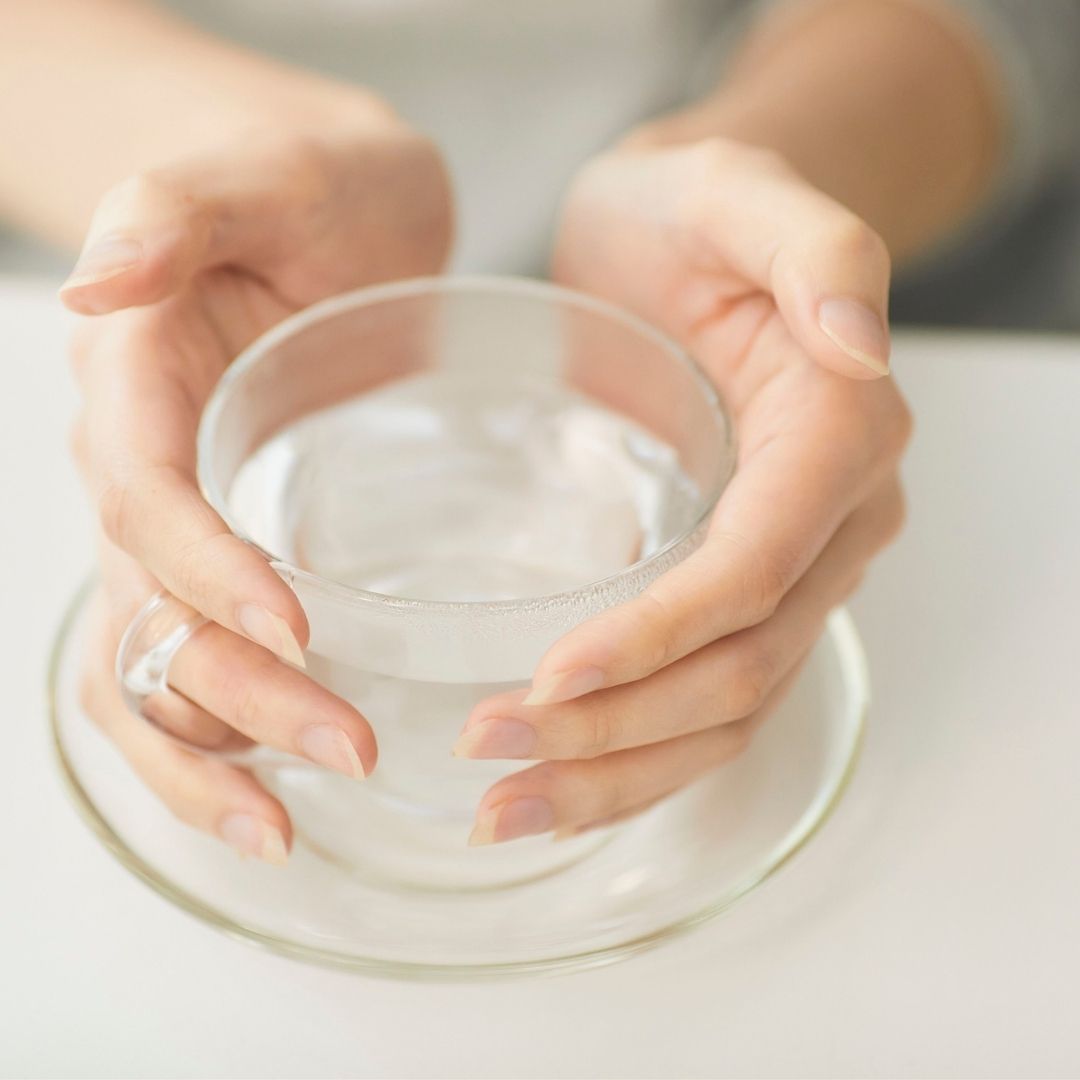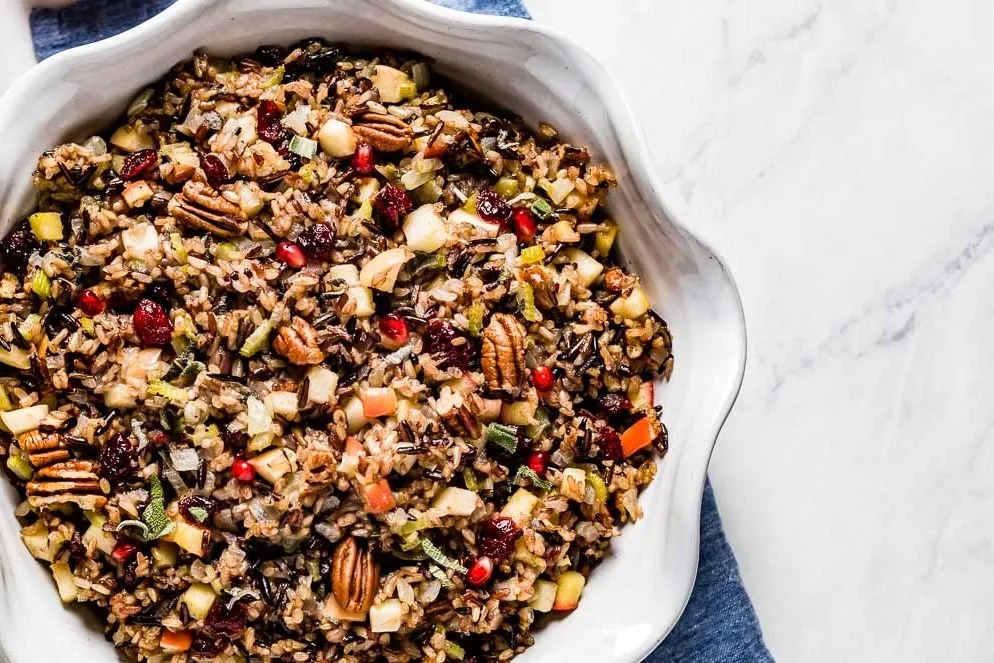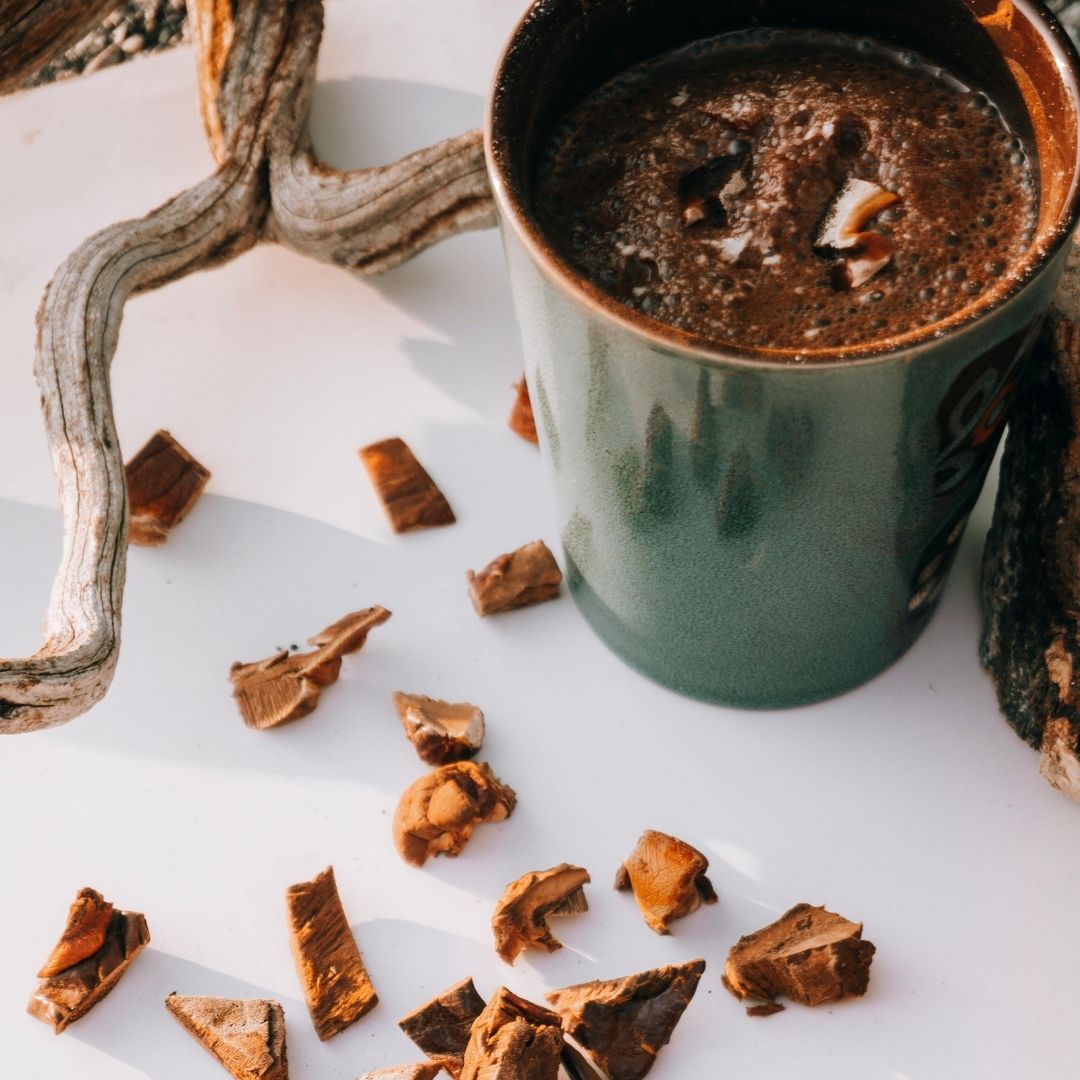When it comes to gut health, everyone seems to have an opinion: Eat more fibre! Eat fermented foods! Load up on probiotics! But although these things can support a happy gut, as with most health trends, the truth is a bit more nuanced. I see it all the time in my clinical practice - people piling their plates high with every ‘gut superfood’ under the sun, only to end up with bloating, gas and digestive discomfort.
My key message for you today is that gut health is about diversity, variation over time and balance, not overload.
Soluble vs Insoluble Fibre: Getting the Ratio Right
Fibre is wonderful, but not all fibre is created equal. Broadly, we have:
- Soluble fibre - dissolves in water to form a gel-like substance. Think oats, cooked root veg, ground flaxseed (linseed), cooked apples and avocado. It feeds your gut bacteria and helps regulate bowel movements.
- Insoluble fibre – adds bulk to your stool and speeds up transit. Think whole grains, nuts, seeds, broccoli, kale and legumes.
Most ‘gut healthy’ advice tends to champion insoluble fibre - more seeds, more bran, more BEANS. But too much insoluble fibre will overwhelm your gut, especially if your microbiome isn’t used to it, leading to bloating, discomfort or even constipation.
For optimal gut transit, I recommend aiming for roughly 60% soluble fibre to 40% insoluble fibre. That’s enough bulk to keep things moving but also enough sponge to bring water into the bowel to make your stools soft enough to pass easily.
Fermented Foods: Garnish, Not Main Course
Fermented foods like kimchi, sauerkraut, kefir or kombucha (I like Holos or Loving Foods) are great - they introduce live microbes to your gut - but they shouldn’t dominate your diet. A small serving as a garnish is usually enough. Eating a bowl of kimchi with every meal isn’t necessary, and for most people, it will actually exacerbate bloating and discomfort.
You also need to think about your baseline - what is your gut used to. Give it time to be retrained by these things and it’ll rise to the challenge. Overwhelm it with sudden new influx and it won’t be able to keep up.
Demystifying ‘Gut Healthy’ Foods and Supplements
Here’s a quick guide to some of the most popular gut health claims and what really matters:

Bottom Line
Gut health isn’t about following every trendy ‘superfood’ guideline. It’s about diverse, balanced eating, paying attention to how your body responds, and using fibre and fermented foods strategically rather than obsessively.
Focus on:
- A variety of whole plant foods for fibre diversity. Aim for 30 a week if you can.
- A 60:40 ratio of soluble to insoluble fibre.
- Fermented foods as an accessory, not the main event in every meal.
- Food-first prebiotics rather than supplements.
Your gut doesn’t need to be perfect. It just needs a little love, variety and patience.
.jpg)

.png)



.png)



.jpg)
.jpg)
.jpg)
.jpg)
.jpg)
.jpg)
.jpg)
.jpg)
.jpg)
.png)
.png)
.png)
.jpg)
.png)
.png)
.png)
.png)
.png)


